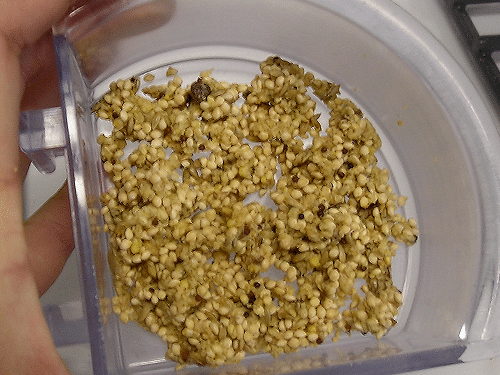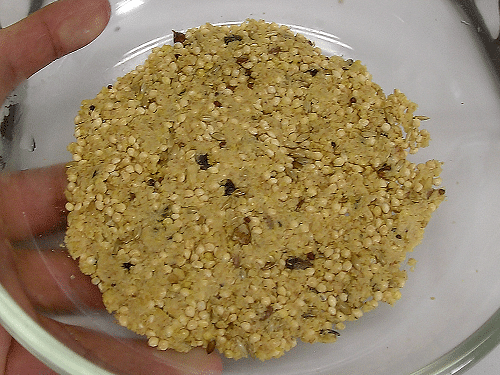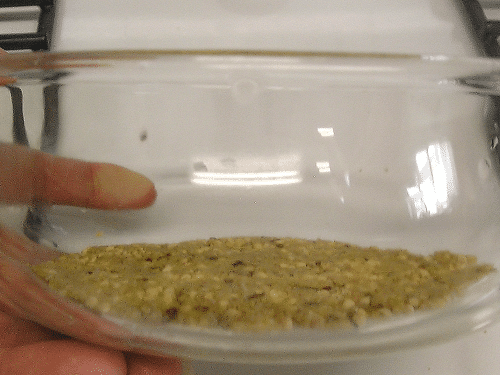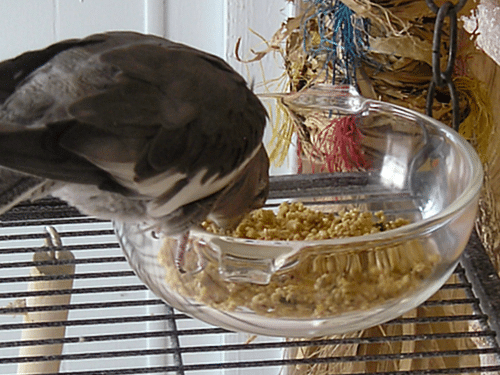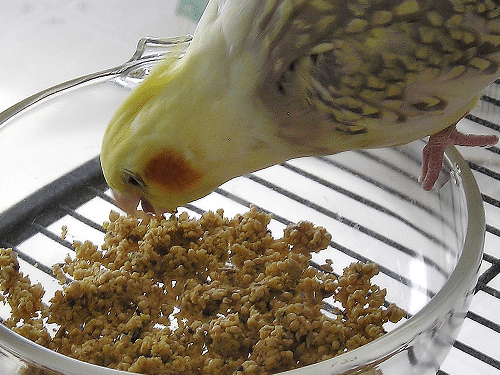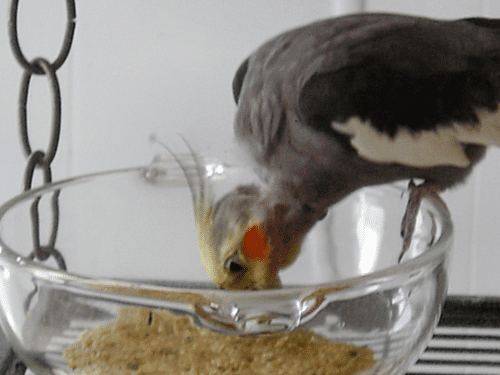A healthy parrot starts with a healthy diet. Although the perfect diet is controversial, many parrot enthusiasts and experts agree on one thing; a seed only diet is a diet that is lacking in essential nutrients, vitamins and minerals. Studies have shown that adding fresh foods and pellets to a parrots diet can not only increase their health but may also prolong their lifespan. A healthy diet can help aid a birds immune system in keeping illnesses away. Feeding a healthy diet and having your bird eat a healthy diet can be entirely two different things! So, how do you get a seed junky, perch potato to eat healthier? In this guide, we will go through a few different techniques that you can use to get your birds eating healthier!
When deciding to change your parrots diet, it is essential to speak with your avian vet about a diet plan. Your avian vet may be able to help you set diet goals for your bird, give you tips and advice on switching over, and help you along the way. The avian vet can tell you if your parrot is underweight, overweight, or 'just right' and the a-vet can do blood work to determine if your parrot should be on a special diet. If your bird is sick, it is best to get your bird healthy before trying to make a diet change.
Make sure that you have a gram scale to weigh your bird daily. The best time to weigh your bird is first thing in the morning after the 'big bomb.' Keep a journal of your parrot's weight so you can figure out if your bird is gaining or loosing weight too quickly, or staying just right. A gram scale can help you determine if you are making the diet change at the right pace or taking things too quickly. Gram scales can be bought at any grocery store, simply look for a kitchen scale or a postal scale. Using a digital gram scale may help you keep more accurate records.
During this transitional diet, it may be advised to also keep track of what diet changes you did in your journal as well as your birds behavior throughout the day, noting how often and when your bird is eating. Keeping a journal or diary may help you spot any behavior changes and can help you determine if you are going forwards or backwards during this conversion.
Using a dye-free, natural and/or organic pellet is best. It's recommended to use pellets as 25-50% of the diet for small species, while the larger species do well with 50-75% pellets. Studies are showing that small birds fed a diet too high in pellets often suffer from kidney problems. Eclectus may do best on the Rice Diet from Roudybush or on a fresh food based diet. Parrotlets, particularly mutation parrotlets, may do best on a dye-free, organic/natural pellet or a fresh food based diet. Each bird is an individual, and what may work for one may not work for another. Getting blood panels done can tell you if you have your bird on the right diet or if additional diet changes may be required.

